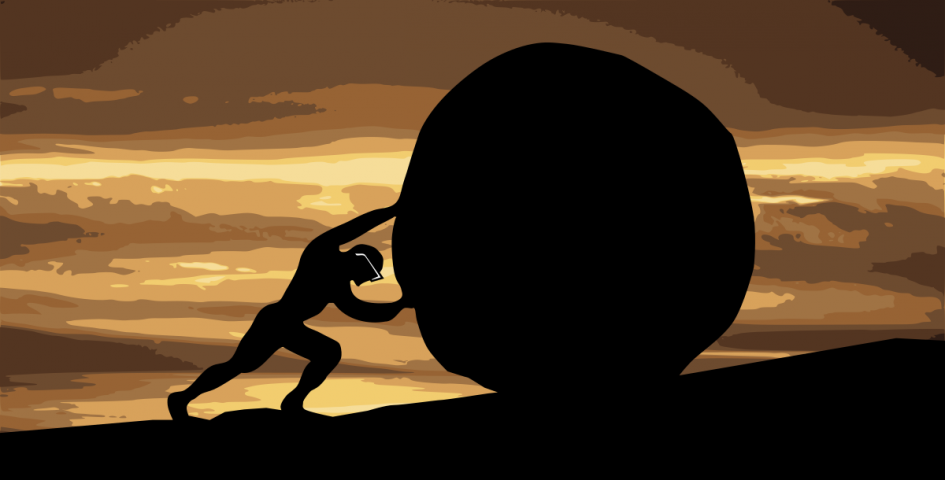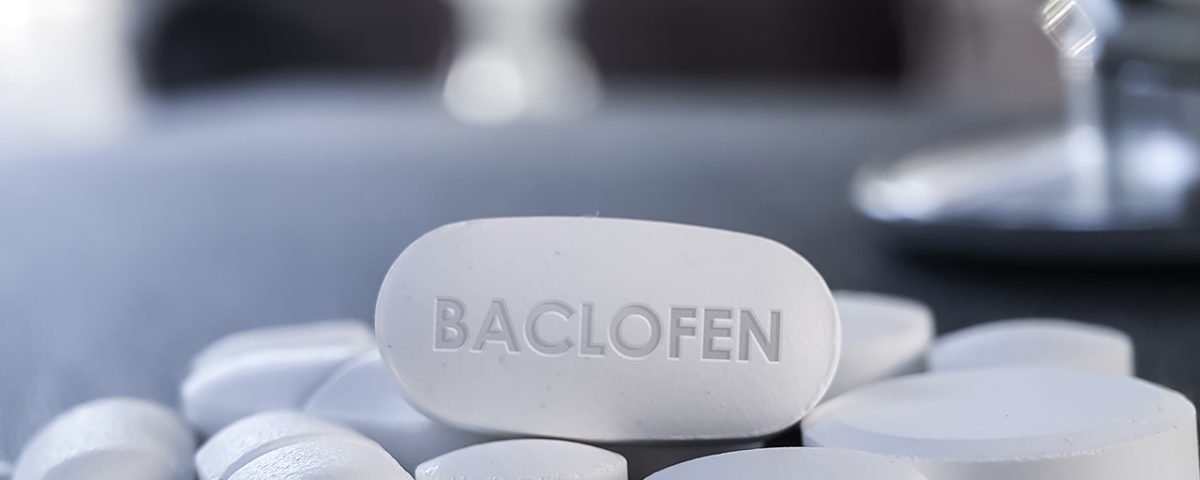The Long Game
Well, I still have MS. Not that it was ever supposed to go away, but there is a part of me, and probably a part of every person who undergoes HSCT, that held on to a glimmer of a possibility that I would get home and miraculously everything would disappear, return to the before MS reality, be the one-in-a-million miracle case. To be honest, every morning there is this time between waking and moving where it feels entirely possible that movement will be “normal” – like waking up from a dream. I will swing my legs over the bed and be strong and stable. I will reach for something with my right arm and easily grab hold. This hopefulness is essential even if it is devastating.
The first few weeks that I was home I was surprised at how normal I felt, not that much different from how I felt before I left. I was thankful to have more energy, not need to sleep all day, and feel motivation to do things. Now, the long game is settling in. I still have more energy than before treatment and I still am motivated to do things, but the novelty has worn off. In addition, these first months of intense carefulness with infection risk comes coupled with isolation and loneliness. By necessity I am by myself a lot which leaves too much time inside my own head.
Other than my subjective experience, I won’t know if HSCT “worked” to halt my disease progression. And I won’t know, even subjectively, for one-two years. I have chosen to act as if it worked which feels like the only way to move forward. Therefore, my daily “job” is the tediously slow work of building new neuroplastic pathways for better mobility and function. This job doesn’t have coworkers or a water cooler culture. It is very solitary. And I’m not gonna lie, it isn’t fun. Each movement I practice is hard and I find myself in a resistance-acceptance-resistance cycle. I do some exercises, then distract myself with some other task, or game on my phone, or YouTube video, then knuckle down again for the next round of exercises. Progress is almost imperceptible, but it is happening enough that I continue. I have to remind myself all of the time why I do this, why it matters. Being active in the outdoors with people I love is my biggest motivation. And, as sappy as it sounds, the possibility of being an active grandparent is a motivator that brings tears to my eyes every time I think about it (no pressure on Kira to ever have children!)
Identity
Ironically, my reality before I left for HSCT is still my reality now that I’m back. Over the last 5-6 years as my body has changed and my ability to move has become more challenging, my world has become smaller – closer to home. Simple ways to connect with others, “hey, let’s go for a walk!”, “Let’s go hiking this weekend!”, “Let’s go to the beach for sunset!”, “It would be fun to cook dinner together!”, “There is a fun (band, comedian, play, etc) coming to town and I’d love to go with you!” are not so simple when movement requires a mobility device and walking from my house to the car is a significant undertaking. I try hard to focus on what I can do, but there is a cold hard reality to what I can’t do that can’t be ignored. An unintended side effect of the pandemic, and our society-wide need to retreat, was that it made the lives of everyone else more like mine, if even for a little while.
With this reality, I keep bumping up against questions of identity, meaning, purpose. How do I connect? How do I contribute? How do I play? How do I build something? How do I explore? How do I have fun? How do I navigate all of this and not have a morose pity party?
I am wanting ways to answer these questions that don’t involve a huge amount of effort or hard work and it honestly seems like a contradiction in concepts. Getting out of bed in the morning is work, taking a shower is effort, my physical therapy, occupational therapy, sitting up in a chair, and handwriting practice all ask me to push hard both physically and emotionally with barely perceptible results. Once again, it is all a leap of faith. All the work I do to hold onto and try to regain mobility marinates in my ability to hold hope and optimism.
I want to find ways to play and have fun that don’t ask me to work hard, I want relief and respite from work. However, everything I think of has a learning curve, a challenge that requires effort and work. Learn to play ukulele? Explore art making? Learn a new language? Read a bunch of enriching books? Write a book? I am searching for something that metaphorically feels like falling into fluffy clouds made of laughing gas. It’s a work in progress. Somewhere in there is a mindset shift where the effort and work along the way are fun in their own right.
To Baclofen or Not to Baclofen
The last couple of weeks has also been a brutal reminder of body and medicine chemistry. I have been on a medication called baclofen for several years now and it is never quite clear if it is really doing anything. Its purpose is to decrease spasticity, but it is very hard to tell how effective it is. Spasticity has a natural fluctuation in intensity by itself – over the course of a single day or from one day to the next. Is my spasticity better because of baclofen or is it just a better day? Baclofen also has negative side effects – it causes fatigue and creates muscle weakness. A devil’s bargain, possibly less spasticity traded for weakness and loss of muscle. How am I to build strength, muscle, and endurance if I’m fighting against this medication?
Getting off baclofen is no small deal. You must go very slow because withdrawal symptoms are no joke. Baclofen withdrawal has been compared to withdrawing from benzodiazepines. Specifically, there is an emotional/mood impact that feels like intense depression and there is a strong likelihood of “rebound spasticity” which is a crippling exacerbation of MS spasticity. If a person weans off baclofen too fast, it can cause cardiac arrest.
I am not a patient person. At the beginning of last week, I decided I wanted to wean off baclofen to have a better understanding of my baseline spasticity without medication. Without doing due diligence research, I decided to cut my baclofen dose in half right out of the gate. I went from 20 mg three times per day to 10 mg three times per day. About two days into this process, I started to write this blog post and noticed that the world was a gray, nihilistic, teary landscape – I mostly scrapped that writing. Three days in the rebound spasticity kicked in like pissed-off wild horses and I could barely stand up.

I did me a little research and quickly brought my dose back up to my usual and the world stabilized. As of this writing, I have started a more gradual baclofen taper because I really do want to know the state of my body without it; what is my baseline. I am all for having as little medication in my body as possible. Fingers crossed for better success this time around.


